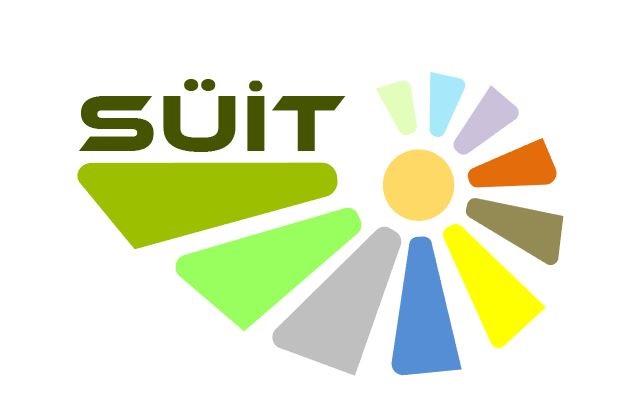TÜBİTAK 1004 (SÜİT)
Last Updated:

Next-generation smart and integrated observation systems for effective management of water ecosystems
Period: 36 AY
Budget: 2,999,992,00 TL
Direction: Prof. Meryem Beklioğlu
Project Background: Aquatic ecosystems are deteriorating due to human-induced changes like urbanization and excessive nutrient loads, triggering eutrophication. Climate change worsens these effects, leading to harmful algal blooms (HAB) and biodiversity loss. Traditional approaches fail to manage these crises effectively. Algal groups causing HAB, with their higher optimum growth temperature range, show a significant increase due to global warming. HAB leads to toxin production, mucilage formation, and decreased oxygen levels, impacting aquatic life and human water use. This damages ecosystem services such as irrigation, drinking water, fisheries, and recreation.
Aquatic ecosystem changes, often non-linear, description through periodic or event-based monitoring programs. Emerging sensor systems, deploying isolated sensors, lack the breadth to understand their dynamics. To get these interactions, instant, autonomous systems are necessary, responding to various phenomena across large geographic and temporal scales. Intelligent, integrated observation systems are needed, including central stations and boundary nodes, capable of understanding and responding to complex interactions within water bodies and their surroundings.
The project aims to establish pilot observation areas at ODTÜ Ankara Campus Eymir Lake and ODTÜ Erdemli Campus to enhance ecosystem observation capabilities from local to THS 3-6 levels. It will develop communication and operation technologies for multi-node systems in aquatic ecosystems, understanding precursor signals before major disruptions. The main goal is to create an innovative ecosystem monitoring platform applicable in various aquatic ecosystems, advancing to THS 6 level. Targeted areas include efficient ecosystem management, water quality control, adaptation to climate change, and prediction of harmful algal bloom increases.
• Efficient ecosystem and protected area management
• Lake water quality management
• Eutrophication and mucilage control in seas and inland waters
• Preservation of drinking water quality
• Maintenance of coastal tourism areas in good condition
• Adaptation to climate change
• Urban landscape and natural resource management
• Prediction of harmful algal bloom increase
For more detailed information, please visit https://cng-eee.metu.edu.tr/suit-platform/
